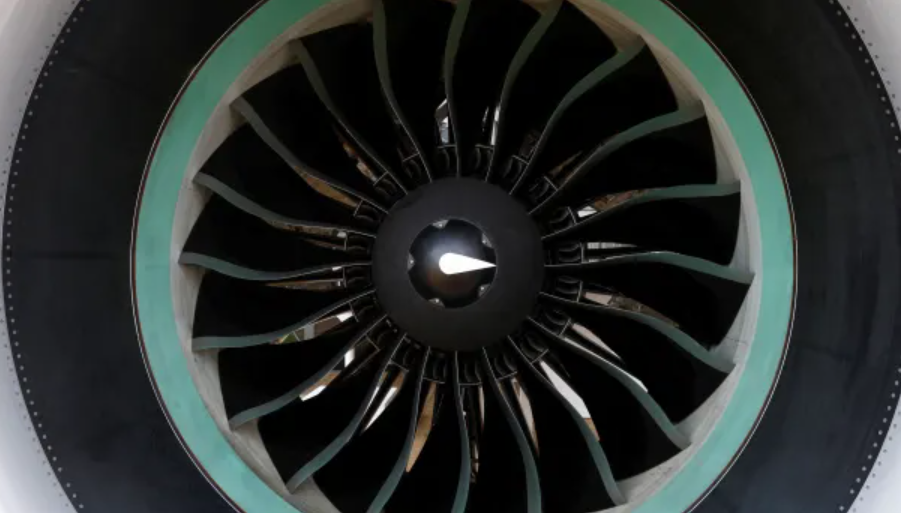RTX said Monday that an engine manufacturing flaw in its Pratt & Whitney unit that is forcing accelerated inspections will hit its pretax results this quarter by $3 billion, and that hundreds of aircraft engines will need to be removed for inspections through 2027.

Its shares dropped close to 8% Monday to $76.90, the lowest in more than two years.
The problem, which the company first disclosed in July, stems from defects with powder metal used to make some of the popular Pratt & Whitney geared turbofan engines, a flaw that can cause cracks. RTX said that about 600 to 700 engines beyond the company’s early forecast will have to be removed for shop visits through 2026.
That issue is depriving airlines of some aircraft during a travel rebound in the Covid pandemic’s wake.
European budget carrier Wizz Air, which has planes powered by Pratt’s GTF engines, said in a statement Monday that the problem will force it to reduce capacity by 10% in the second half of fiscal 2024.
Customers with the GTF-powered planes also include Spirit Airlines and JetBlue Airways. Those airlines didn’t immediately comment.
Removing engine components for inspections will lead to backlogs in its repair facilities, RTX said. It forecasted that it will take up to 300 days from when the engines are removed from wings until they go back to airlines.
The company estimated an average of 350 Airbus A320 family planes per year will be grounded from next year through 2026.
The company said it expects the issue to cost up to $7 billion. Pratt & Whitney has a 51% share in the GTF PW1000 engine program and the cost will be shared with its partners including Germany’s MTU.
The engines power many of the popular Airbus A320neo planes and others. The engines compete with those made by a joint venture of General Electric and France’s Safran.
“To be clear, this latest disruption from the powdered metal contamination is frustrating, and will have a significant impact on our customers, on our partners and on RTX,” CEO Greg Hayes said on a call with analysts about the issue on Monday. “Still, we are proactively managing this every day by dedicating all the resources needed to ensure that we address this issue in the best possible manner for our customers, our partners, the company and our shareowners.”
RTX, formerly known as Raytheon Technologies, on Monday reaffirmed its adjusted earnings estimates of $4.95 to $5.05 a share for 2023. But it said it expects a $1.5 billion hit to cash flow in 2025, bringing that estimate to $7.5 billion from an earlier forecast of $9 billion.
© OfficialAffairs